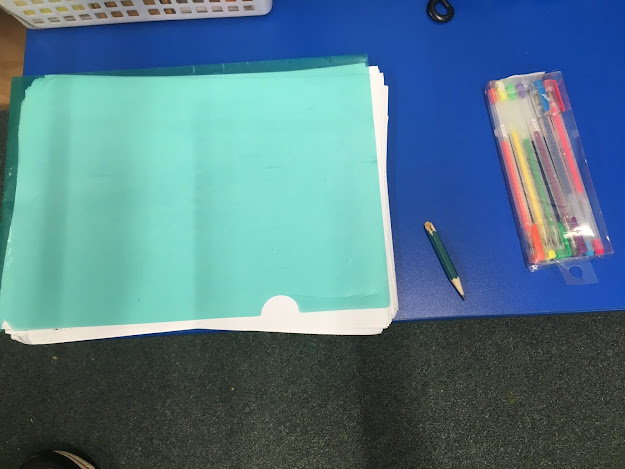Math Assessment - with Marie Hirst
Mathematics Assessment Tools Some of my takeaway ideas - - Know the purpose of the assessment and why it was created - Learning progression framework is something I'm not familiar with - it seems there are different tasks available with that. - GLOSS was designed for 'mental strategies' which is not 'number'. Mental strategies are only a part of number. - Basic facts need to be learnt fluently - easily, easily accessed. It doesn't have to be super quick. Timed basic facts tests can contribute to math anxiety. Let the kids drive it - what do they need? - Classroom observations - these have the most weight. It was nice to hear this emphasised. I think this means having really good observation skills as a teacher and knowing what you are looking for. - Rich tasks can include multiple AOs. Look at the depth of thinking in those rich tasks. Use measurement as your context for number and algebra to give purpose. - Week of inspirational ma...
